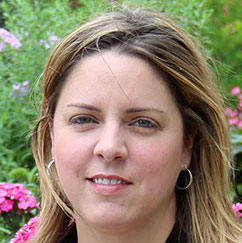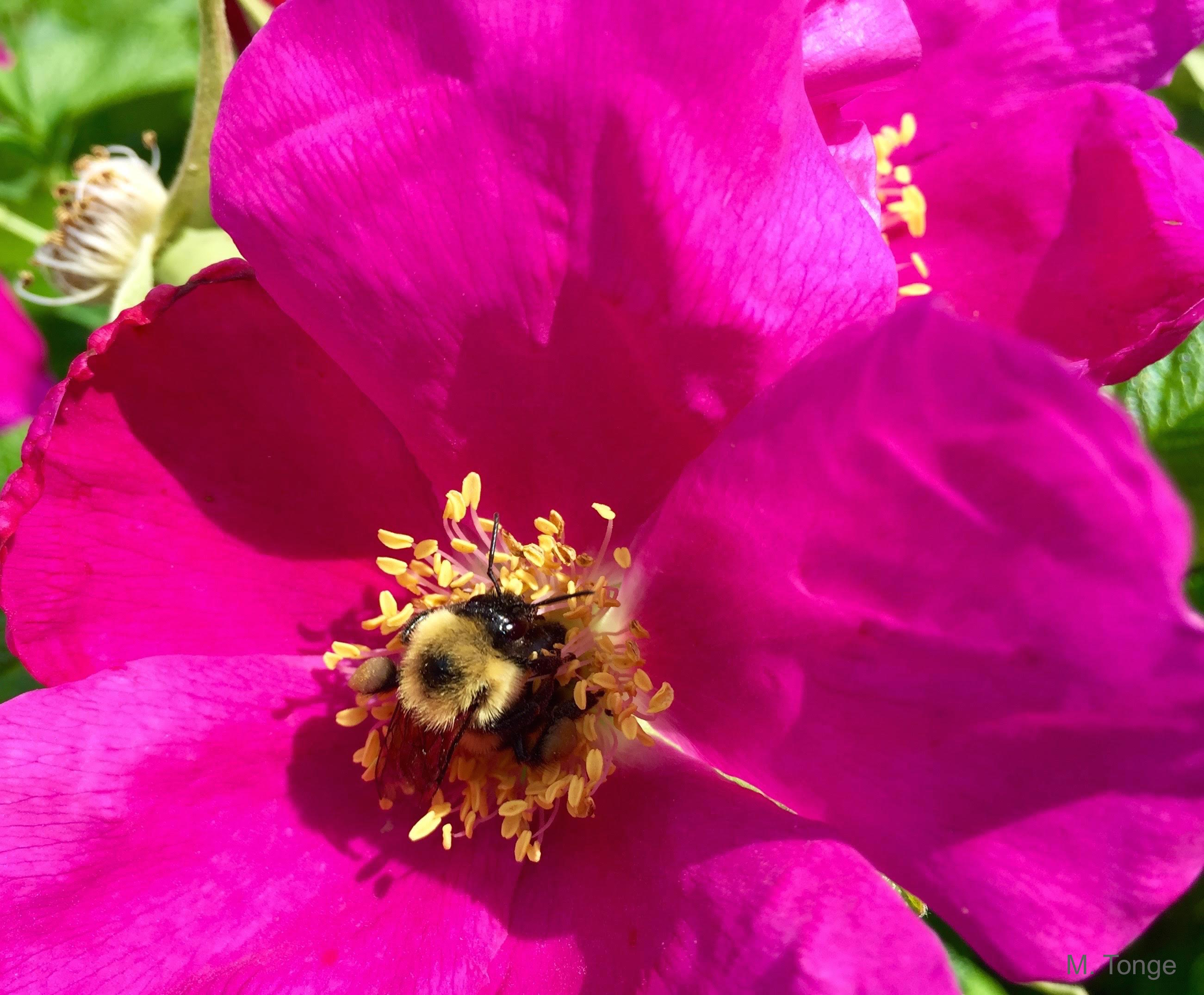
Media
Climate change killing off bumblebees at alarming rate: study
Global news, July 9, 2015Television
URL: http://globalnews.ca/news/2096149/climate-change-killing-off-bumblebees-at-alarming-rate-study/
Media from Science paper
CBC radio, February 9, 2017Radio/Podcast
URL: http://www.cbc.ca/news/canada/nova-scotia/programs/maritimenoon
Maritime Noon radio show- all about bees and phone in from audience with questions
Bumble bees being crushed by climate change
Science Magazine, July 9, 2015Online
URL: http://www.sciencemag.org/news/2015/07/bumblebees-being-crushed-climate-change
Media from Science paper
Bees Are Losing Their Habitat Because of Climate Change
Time Magazine, July 9, 2015Online
URL: http://time.com/3951339/bees-climate-change/
Article for paper published in Science
https://informedopinions.org/wp-content/uploads/2017/07/Newspiece_Kerr.pdf“> News piece_Kerr.pdf
Relocation risky for bumblebee colonies—Response
Published by Science Magazine
October 7, 2015
scientific publication
Climate change impacts on bumblebees converge across continents
Published by Science Magazine
July 7, 2015
Scientific publication
Biography
I am a community ecologist who studies the impact of environmental stressors on wild bee communities. Bees are the single most important taxonomic group of pollinators, comprised of more than 20,000 species essential to both agricultural production and maintaining wild plant diversity. Wild bees, and the pollination services they provide, appear to be in global decline with reported losses documented across multiple continents. Several causal factors for global bee declines have been suggested, including long-term anthropogenic land use change, climate change, parasites and pathogens, invasive species and the increasing use of agrochemicals. Whilst the scientific community has started to build consensus on how such environmental stress factors might affect bees, particularly honeybees and bumblebees, we know almost nothing about how these factors might affect wild bee communities. These wild bee communities have historically provided us with ‘free’ crop pollination services and it alarming to consider bee declines have already, or will in the future, lead to pollination deficits and reduced food production. We urgently need to understand how the full range of anthropogenic stressors could impact bee communities across a range of landscapes and spatial scales.
Recognition/Reconnaissance
Webster Postdoctoral Fellow | Professional
Established in honour of the late Earle J.D. Webster, the Webster Post-Doctoral Fellowship in Environmental Sciences was created to fun ground-breaking environmental science research toward making a better planet. Webster attended OAC in 1927, and later went on to distinguish himself as an elementary school educator and author. He showed lifelong interest in both geology and forestry.

